The fee, equivalent to $61, covers both doses of the vaccine, Health Minister Roberto Ciavatta told a press conference.
The jab will be made available to anyone who books a hotel for at least three nights and returns within three or four weeks for the second injection.
The scheme, which launches from May 17th, will give San Marino “a real possibility to attract a kind of tourism that none of us would have ever before thought possible to attract,” Foreign Minister Luca Beccari said.
READ ALSO: Inside San Marino, Europe’s least-visited country
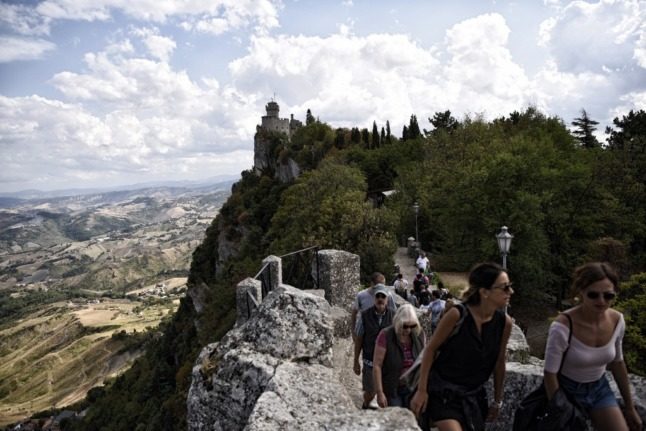
The Russian vaccine has not been authorised by European Union authorities, but San Marino is not a member of the bloc and has been dispensing it since early March.
While those still waiting to be vaccinated in Italy might be tempted to cross the border and get a shot, unless the European Medicines Agency approves Sputnik the vaccine will not allow you to benefit from the EU-wide “Covid passport”.
Only vaccines cleared by the EMA are included on the travel pass, and while Sputnik is under review it has not been approved for use in Italy or the rest of the EU.
READ ALSO:
- Which Covid vaccines will Italy accept for tourists this summer?
- How will the EU’s ‘Covid passport’ system work for travel in Europe?
The tiny hilltop republic of San Marino, landlocked between Le Marche and Emilia-Romagna, has around 34,000 citizens and since starting the vaccination campaign has administered 36,000 doses and fully vaccinated some 22,000 people.
In a statement on Monday, health authorities said San Marino had reported no new infections in the previous 24 hours. Beccari said Wednesday that the republic was close to being “Covid free”.

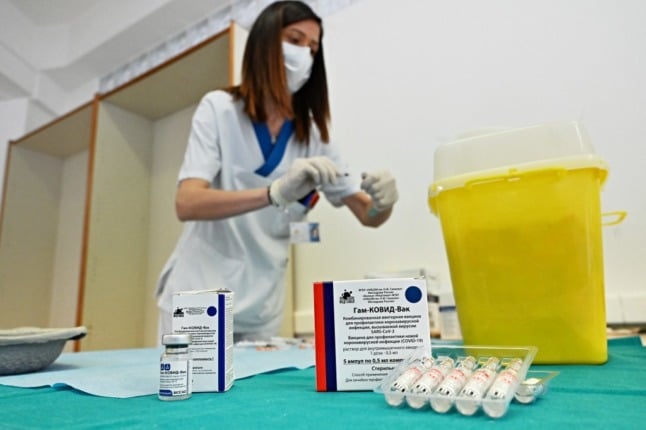
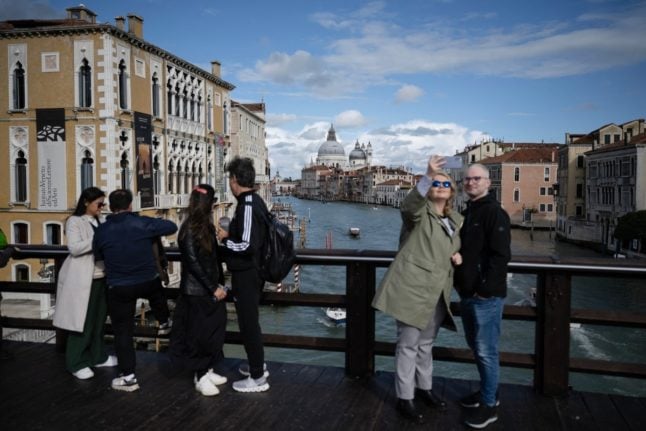
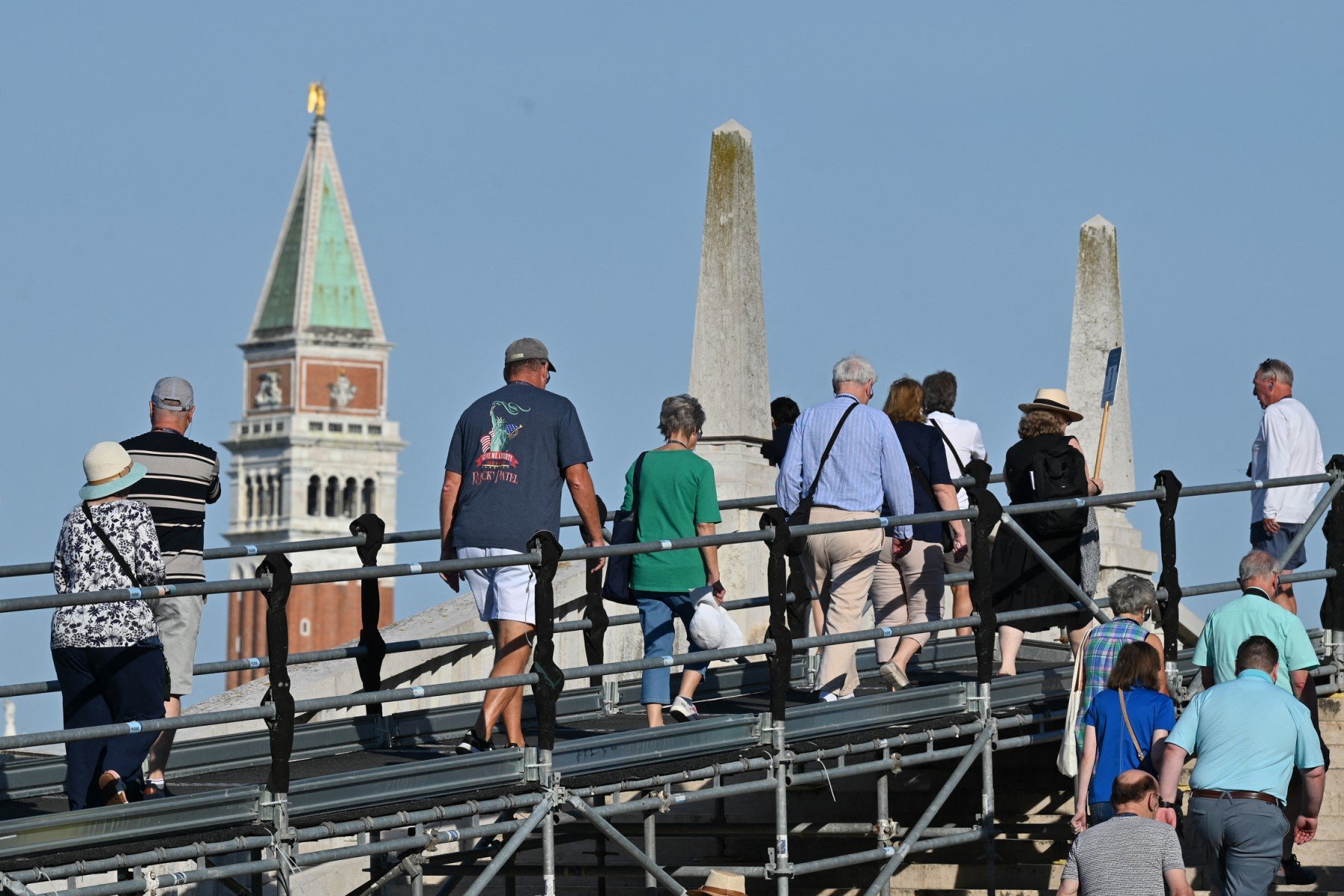
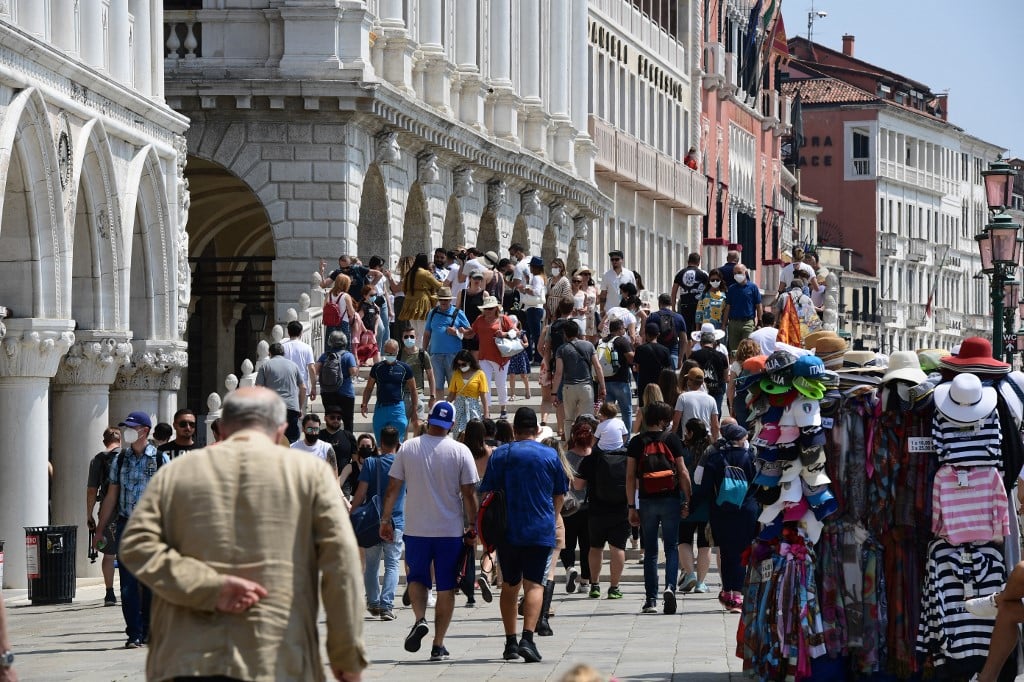
 Please whitelist us to continue reading.
Please whitelist us to continue reading.
Member comments